The IoT Security testing, or Internet of Things, is very popular at the moment. Everyone is scrambling to level up with the IoT. No matter how often you read about the Internet of Things, it appears to be evolving with such velocity that it’s making the wheels of thought swirl. The Internet of Things is an ensemble of connected gadgets that share information. IoT may not be the best definition, but it is the future.
The concept “Internet of Things” has amplified its popularity in recent years, and many companies are relying on and installing it. Device vulnerabilities as well as the IoT environment could be exploited. This blog will examine multiple aspects of IoT security testing and its significance.
What is security testing for IoT?
IoT/ Internet of Things (IoT) security testing is a method of analyzing the related apparatus to identify security holes that the attackers can use to gain illegal access to a network setup, manipulate the data that is being provided there, or acquire entire private information. This might end up in serious monetary damage, a stolen identity, and major disruption to both the company’s and the product’s credibility.
By implementing Internet of Things safety policies, companies can ensure that the things they own are protected from cybercriminals and other unauthorized individuals.
“Read also: What Is IoT Security? Issues, Challenges, and Best Practices
Acknowledging the Internet of Things (IoT)
The Internet of Things refers to a set of gadgets that have links to the World Wide Web. It comprises of commonplace physical items that are remotely controllable and linked to the Internet. It encompasses connected medical equipment, smart cities, smart automobiles, smart homes, and smart gadgets in general.
The Internet of Things (IoT) is an interconnected system of tangible objects with detectors and semiconductors that can exchange data via an Internet connection. This makes it possible to regulate these “objects” from a distance.
With many IoT devices’ restricted customization abilities, rather than trying to protect the IoT software and programs, businesses can safeguard your connected devices with safety measures that offer numerous levels of security, incorporating endpoint security. Another component of internet-based safeguards that additionally gives edge devices processing power should be taken into consideration when IoT and the cloud continue to unite.
As IoT devices become more prevalent, IoT Security testing becomes essential to ensure that vulnerabilities are identified and addressed. IoT products utilize a wide range of procedures, including Bluetooth connectivity, networks, web protocols, and other communications protocols. Reducing safety worries can be achieved by being aware of the protocols your devices employ. Businesses that depend on satellite navigation for vital functions ought to keep an eye out for possible security threats, including phony or blocked satellite signals on their GPS-connected devices.
“Also explore: Top 10 IoT Security Companies“
The Cost of Protecting The IoT
IoT is a rapidly expanding industry. Technological advances may have impacted all facets of life. IoT gadgets are now the privilege of dependable helpers in everything from medical to daily living, trailing only phones in terms of widespread nature.
According to the data, products will continue to grow in popularity during the ensuing years. By the year 2030, there may be 29 billion components, double the 15.1 billion that were counted in 2020, according to estimates. These statistics demonstrate that the Internet of Things will remain a profitable and expanding sector.
Limitations in IoT Security
As more and more devices are connected to the Internet, such as mobile phones, televisions with sensors, savvy houses, intelligent automobiles, and the continually rising IoT enterprise, the potential for attack on the Internet of Things grows daily. Internet of Things sensors have a significant role in production, healthcare, supply chain management, green agriculture, the economy, and national defense alongside retail stores. Implementing internet of things penetration testing is crucial to identifying vulnerabilities and ensuring these devices and networks remain secure.
The expanding Internet of Things includes nearly every detector or gadget that has access to the Internet, whether a little Flooring Locator for your mobile device to a huge container on an ocean vessel. To emphasize, according to the IEEE IoT technology prediction, the number of connected electronics will rise between 8.7 billion in 2020 to over 25 billion in 2030, a 300% boost.
How Can IoT Security Needs Be Met?
A comprehensive security textile solution is one example of a combined approach that provides visibility, segmentation, and protection across the whole network amenities, which is necessary to meet IoT and security needs.
A number of essential skills must be present in your IoT security:
-
- Discover how safety measures can verify and categorize IoT devices to create a risk profile and allocate them to IoT device groups. This is possible with a full network overview.
-
- Segmentation: IoT devices can be categorized into policy-based categories according to their risk profiles after the business has a clear understanding of its IoT attack surface.
-
- Protect: Depending on what’s happening at different locations in the structures, observing, scrutiny, and compliance with regulations are made possible by the policy-driven IoT groups and internal network segregation.
IoT device penetration testing identifies vulnerabilities, ensuring that IoT systems are secure and prepared to handle potential threats.
Performing A Safety Study For Internet Of Things Devices And Networks
Criminals take advantage of careless people. They exploit companies that don’t have control over Internet of Things devices linked to the company infrastructure. Outlaw devices and neglected modems with out-of-date software are just two examples of these gadgets. To stop digital assaults, you must be aware of the risks associated with each device linked to your computer system and keep an eye on all of their actions.
Updating the business network’s connected item registry is further crucial to the safety of the IoT. Having a system that can identify every IoT link in your data center in a matter of seconds ought to constitute the primary concern.
Establishing Reliable Authentication and Verification Systems
Authentication is one of the most crucial security measures for an engineer to consider in an IoT deployment. IT administrators can determine which IoT authentication and authorization type, such as one-way, two-way, or three-way, will serve the organization best based on the mechanism’s latency and data requirements.
As mentioned above (e.g., default passwords), most IoT devices come with poor authentication. When deploying IoT devices, similar to websites and web apps, one of the best methods for IT admins to secure IoT devices is to use digital certificates. IoT device certificates are integral to an IoT security strategy.
Types of IoT Security Testing
The Internet of Things or IoT is everywhere around us, and often, we hear stories of them being exploited. IoT security testing is a significant part of developing IoT applications. Below are some of the most common types of security testing for IoT devices:
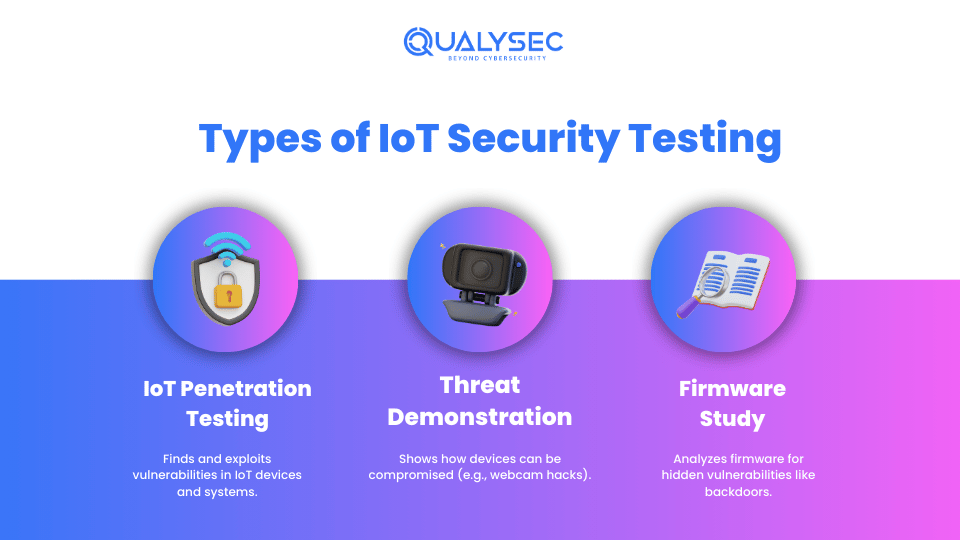
1. IoT penetration testing
The IoT penetration testing is a type of security testing method in which security professionals find and exploit security threats in the devices themselves. This testing is used to check the security of IoT devices in the current world. When we talk about IoT device pen testing, we are referring to testing not only the device or the software but also the entire IoT system.
Curious about seeing a real pentest report? Get our latest IoT sample penetration testing report—download it for free now!
Latest Penetration Testing Report

2. Demonstration of the Theat
An illustration of the threat demonstration process for an IoT device is a way to determine the ideal danger for the item and how it could be compromised. For instance, a webcam can be used to spy on nearby individuals. It could be used to keep an eye on a person’s house. Someone with computer skills may get access to the camera’s software and examine the pictures it is taking, or someone else may actually penetrate the sensor of the camera.
3. Study of Firmware
Like a computer program or application, firmware is a program, which is one of the most crucial concepts to grasp. The sole distinction is that firmware is utilized on integrated devices, which are small machines with specific purposes. For instance, a cardiovascular track, wireless router, or cellphone. Obtaining and examining firmware for vulnerabilities in security such as buffer overruns and hidden doors is part of the method of analysis.
The best ways to protect your Internet of Things devices
An important component of the Internet of Things (IoT) is safety, and much study has been done to identify safe architectures and methods that IoT devices might employ. In light of this, we have compiled a list of some guidelines to follow in order to maintain the security and vulnerability-free operation of Internet of Things devices.
- Change the supplied passwords frequently.
- Use solid encryption while storing and transporting data.
- Use safe bootstrapping
- Conduct IoT security tests on an annual basis
- Modify, monitor, and effectively handle the devices you own
The Top 3 Tools for IoT Security Testing
The Internet is an especially vulnerable location for hacking. IoT security testing is thus crucial to making sure your electronic device is not an element of the following major assault. The top three IoT security testing tools are as follows:
- The purpose of the Firmware Analysis Toolkit (FAT) is to assist security researchers in examining and locating weaknesses in the firmware of devices that are embedded and the Internet of Things.
- The second tool is called PENIOT, which is used for penetration testing Internet of Things (IoT) devices. By using various security techniques that focus on your devices’ internet access, it assists you in testing and breaking into them.
- Third is the AWS IoT Device Defender is a fully managed solution that assists enterprises in safeguarding their collection of IoT devices against outside threats. With the help of AWS IoT Device Defender, you can keep an eye on the condition of your fleet of IoT devices and detect and correct any possible hazards.
Want to perform IoT security testing or penetration Testing? Tap the link below and talk to our pen test expert right now!
Talk to our Cybersecurity Expert to discuss your specific needs and how we can help your business.
Concluding…
Fast developments in Internet of Things (IoT) technology have led to a plethora of fresh gadgets, including fashionable watches, energy meters, and systems for controlling homes. IoT security testing is crucial as IoT is ultimately an innovation that might potentially improve our quality of life, yet it’s critical to be aware of the risks that are related to it.
Numerous organizational processes as well as the lives of individuals now depend heavily on the Internet of Things (IoT) and its linked gadgets. Nevertheless, security hazards associated with the data and other devices on the system continue to increase as these gadgets grow more integrated. IoT security should now be a primary concern for producers since more inventive linked gadgets are expected to be created in the years to come.
Recognize the difficulties associated with Internet of Things safety and put the above-recommended actions into effect. Furthermore, for the best IoT penetration testing services with precise results, collaborate with Qualysec. The security of your IoT devices and network is now in your grasp!
FAQs
What does IoT security look like?
Electronic, connected to the internet and matters, including connected CCTV cameras, driverless autos, and automated appliances for homes, are known as Internet of Things (IoT) gadgets. Data encryption, multi-factor authentication, and IoT penetration testing are examples of usual IoT safety precautions.
What are the Internet of Things’ safety demands?
The primary safety demands of IoT are: • Ensuring the privacy and security of data exchanged among linked gadgets
Supplying each IoT device with a valid identification (by digital signatures or certificates) and making sure that information is not altered throughout transmission
Why is IoT security necessary?
The increasing use of IoT devices and the data they contain makes IoT security crucial. IoT devices lack data encryption and a built-in security system. As a result, it makes it possible for attackers to breach the network and obtain illegal access.
What do IoT security procedures entail?
A collection of guidelines known as the World Wide Web Protocol (IP) controls how data is sent across the World Wide Web. IoT standards ensure that data from one linked item can be interpreted via others. As a result, many IoT standards are created and tailored for various applications and situations.









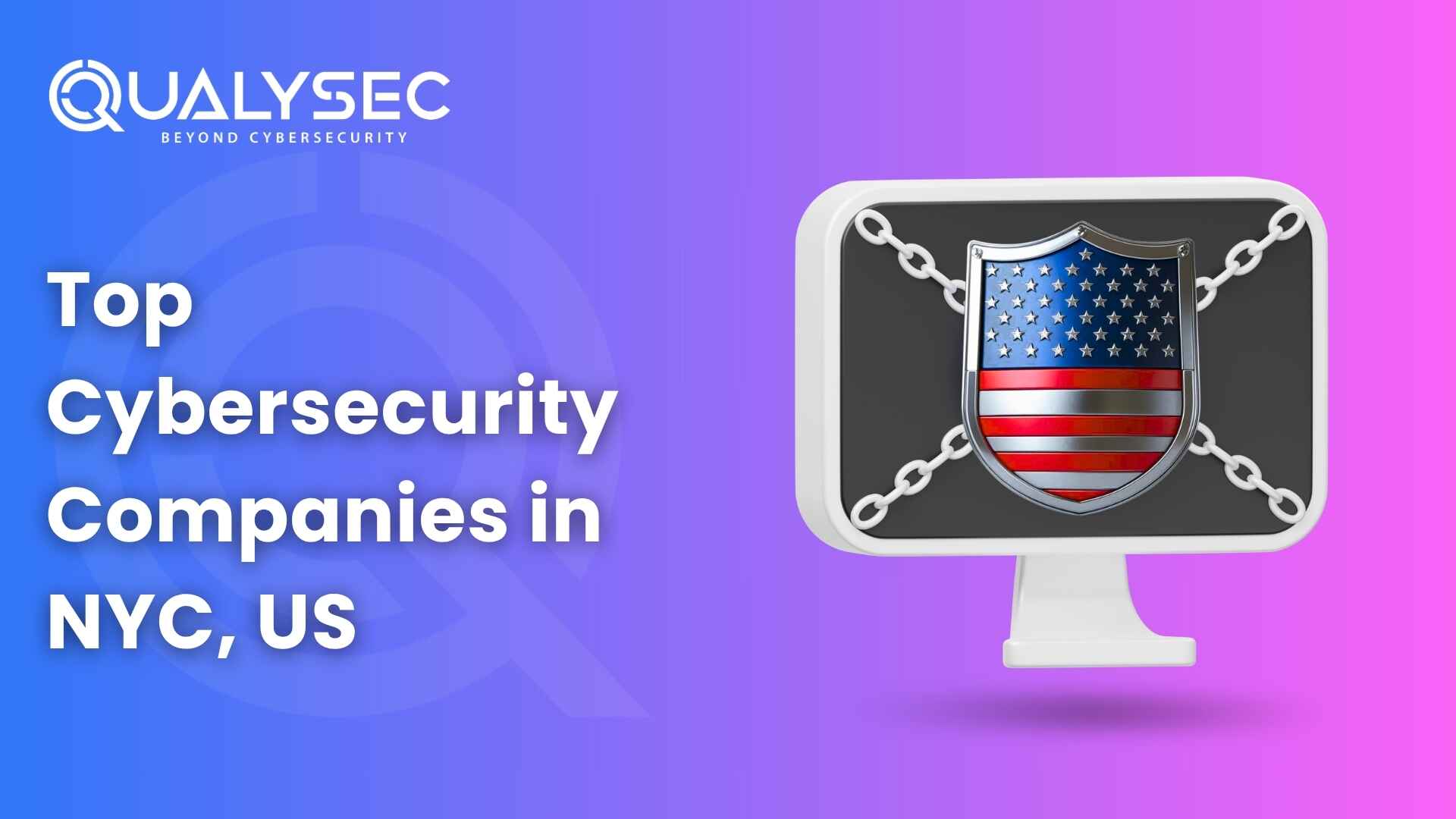



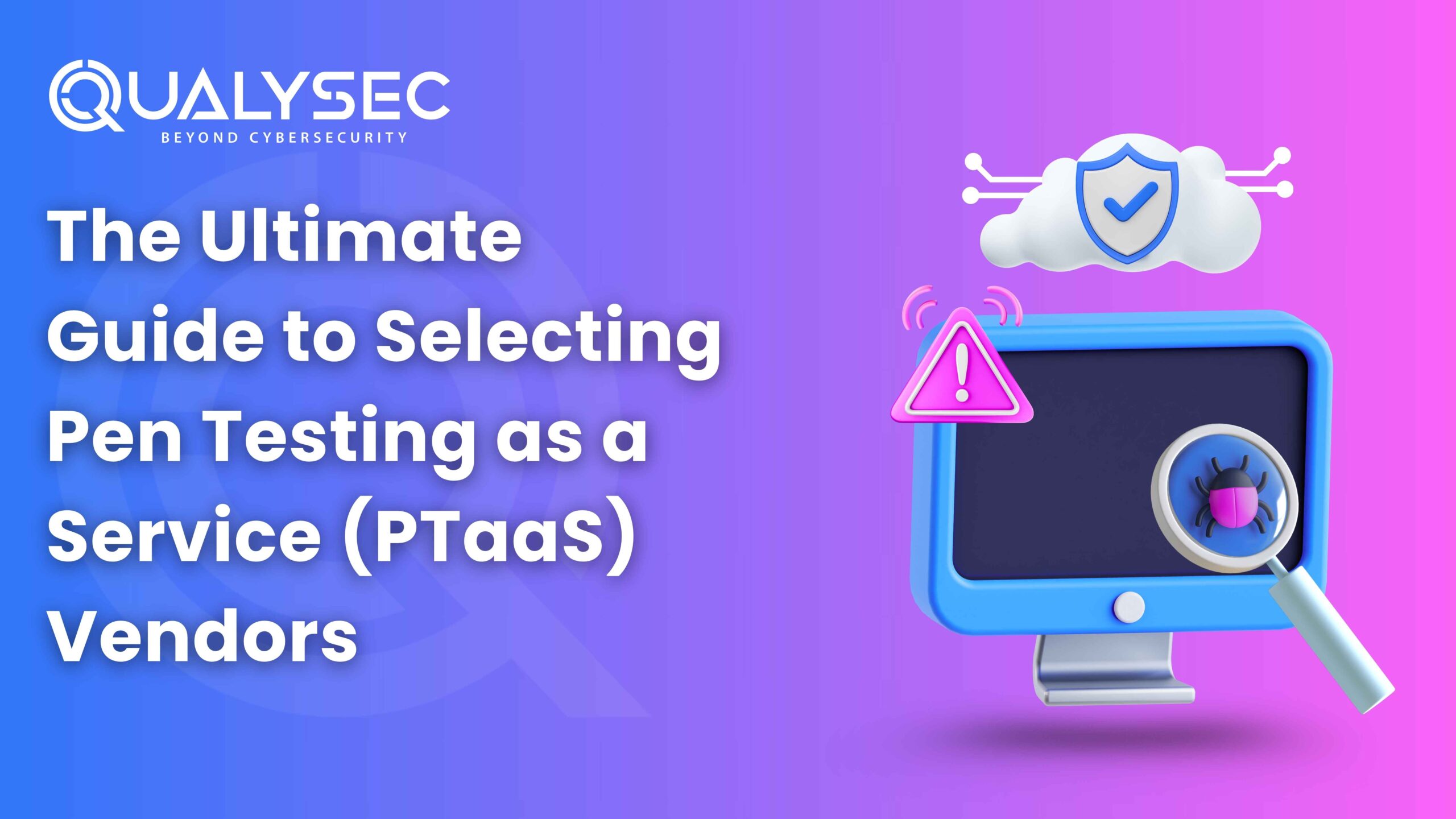

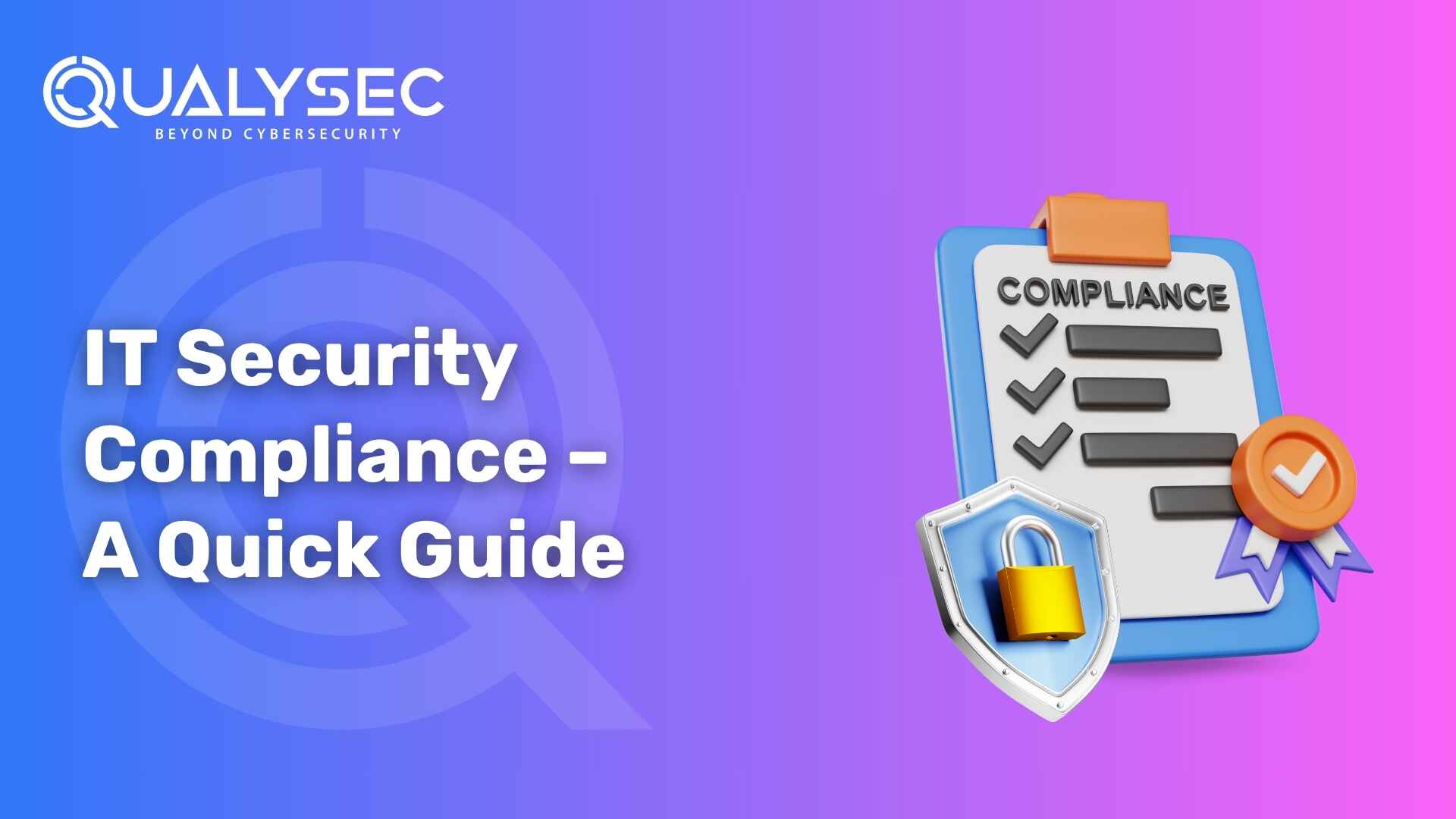
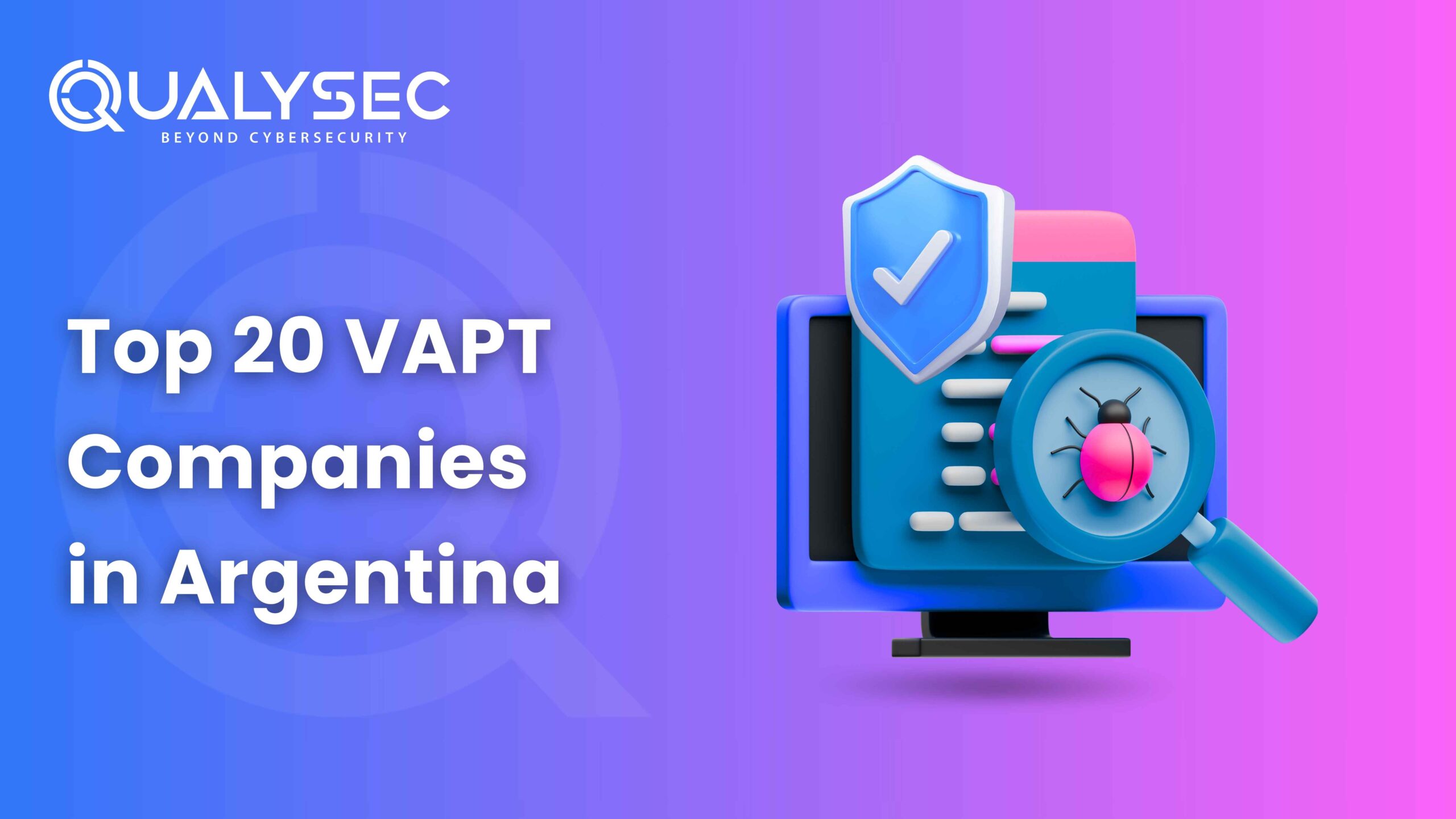
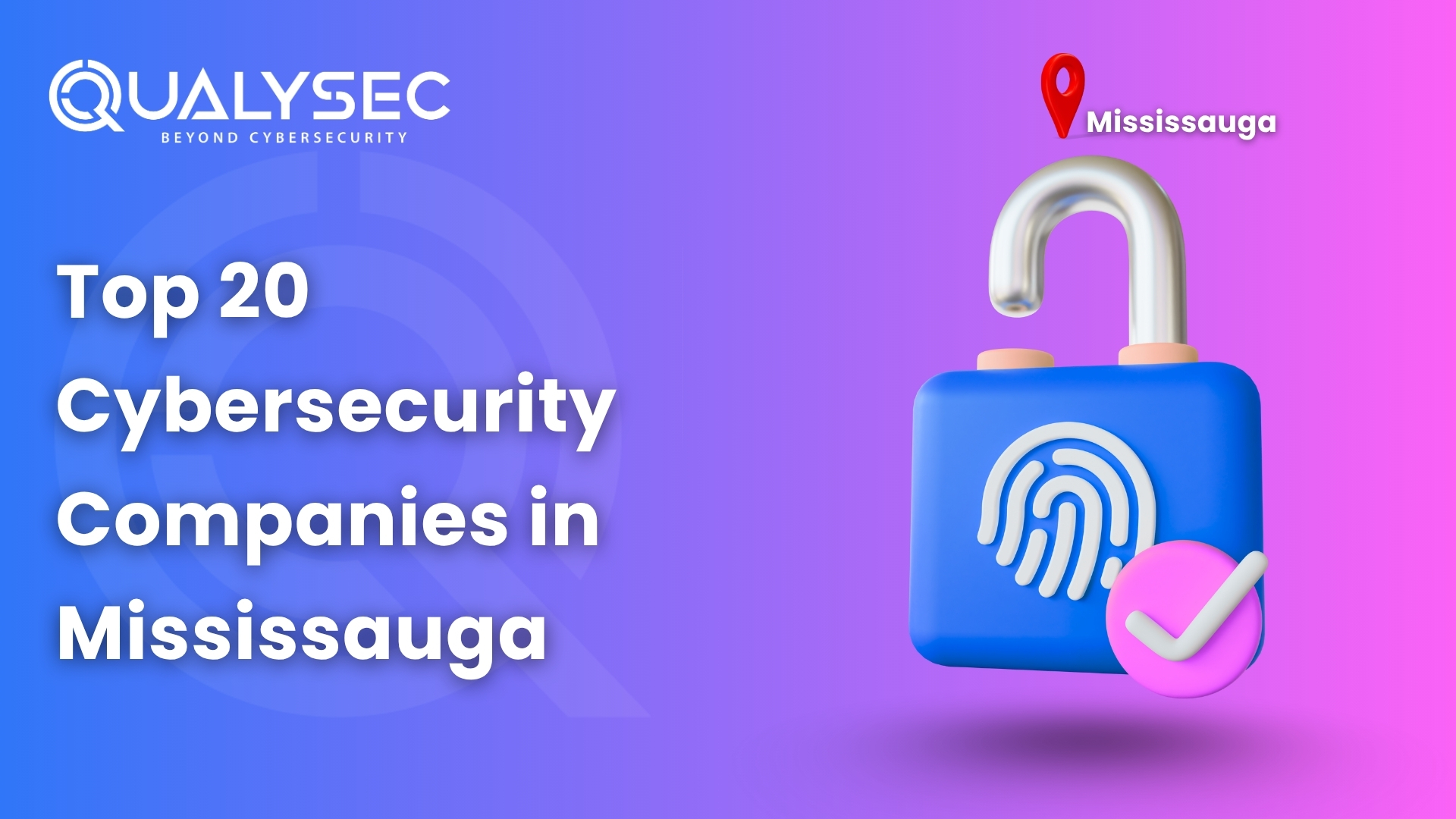




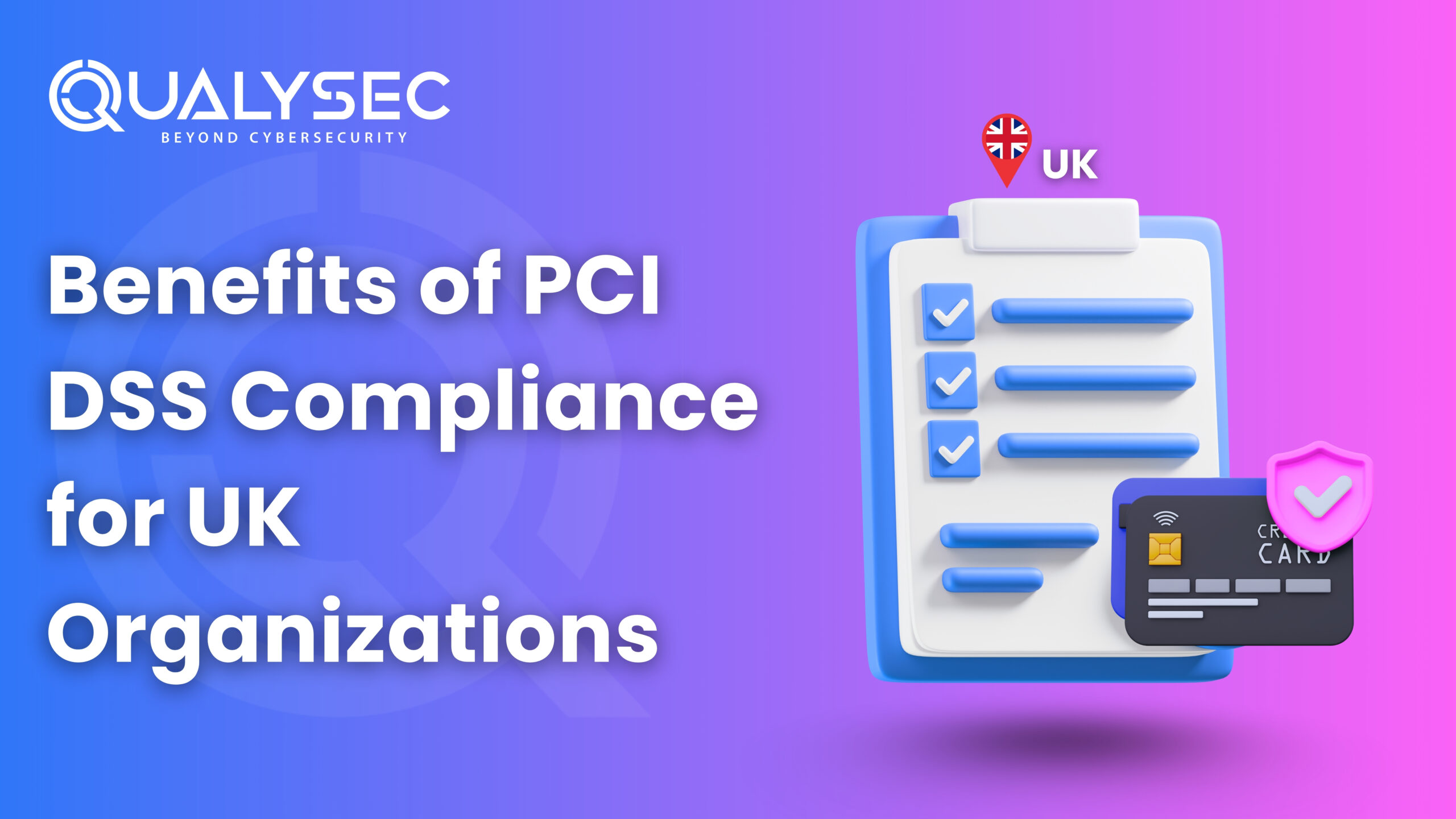




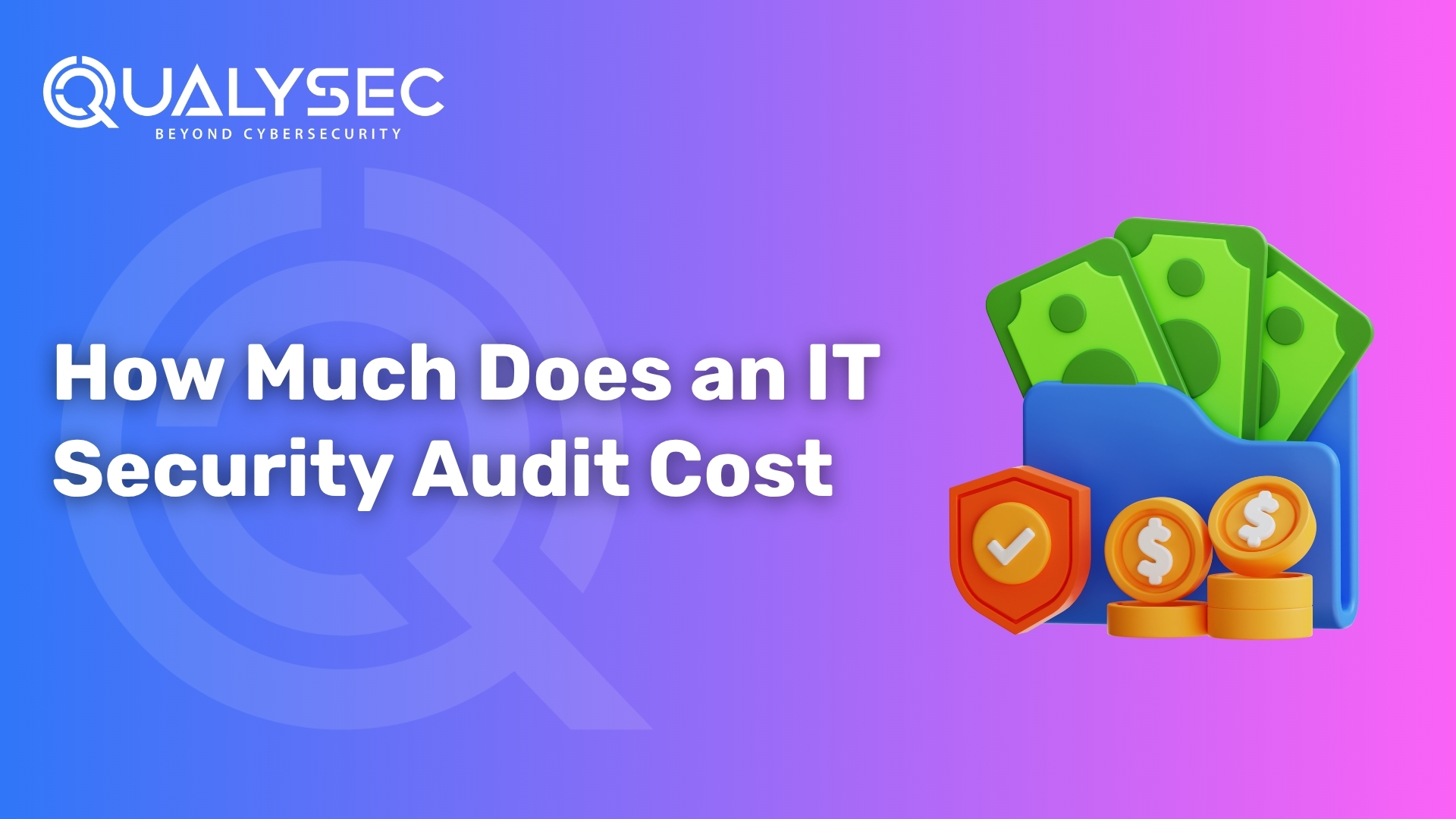

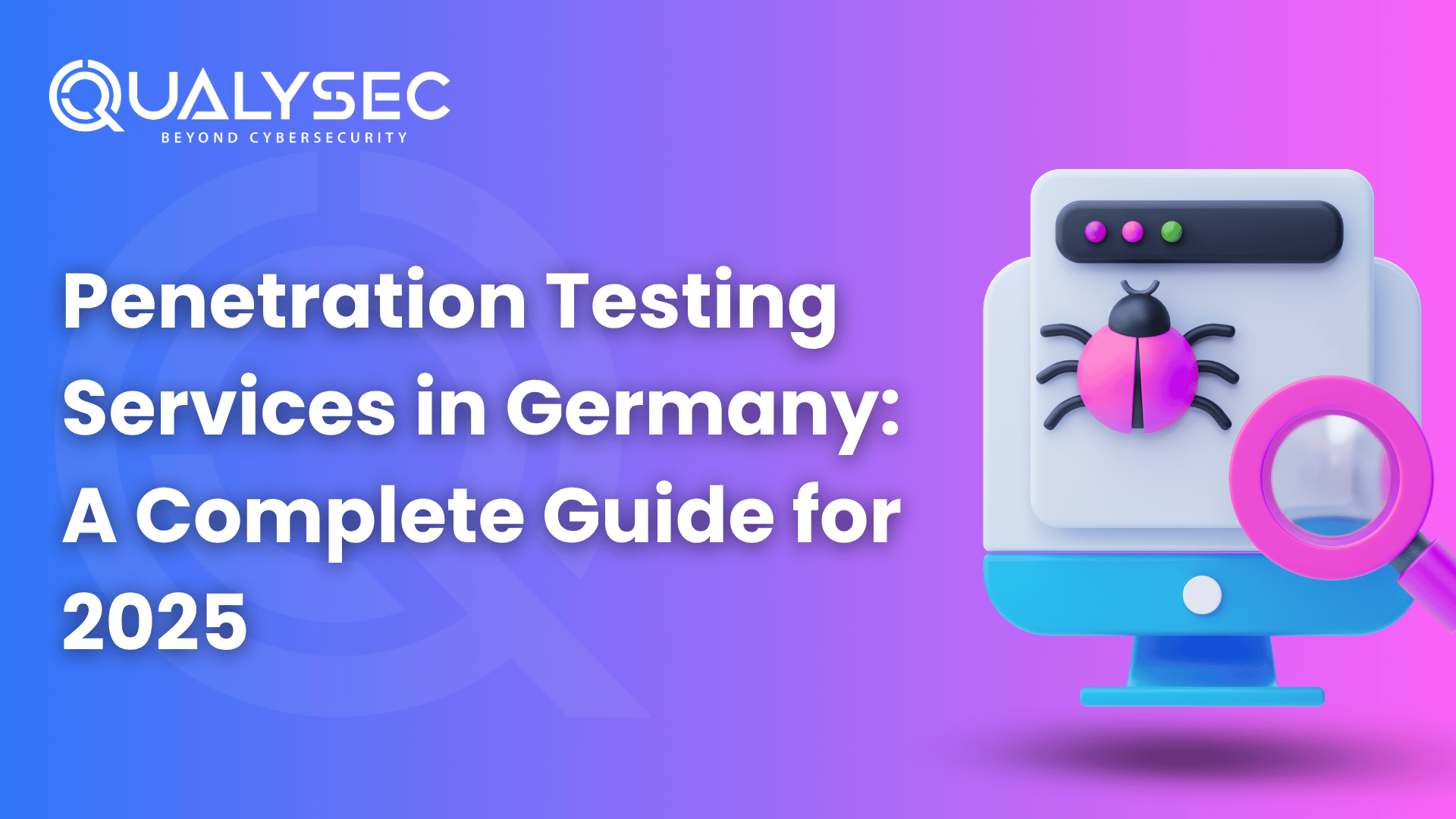





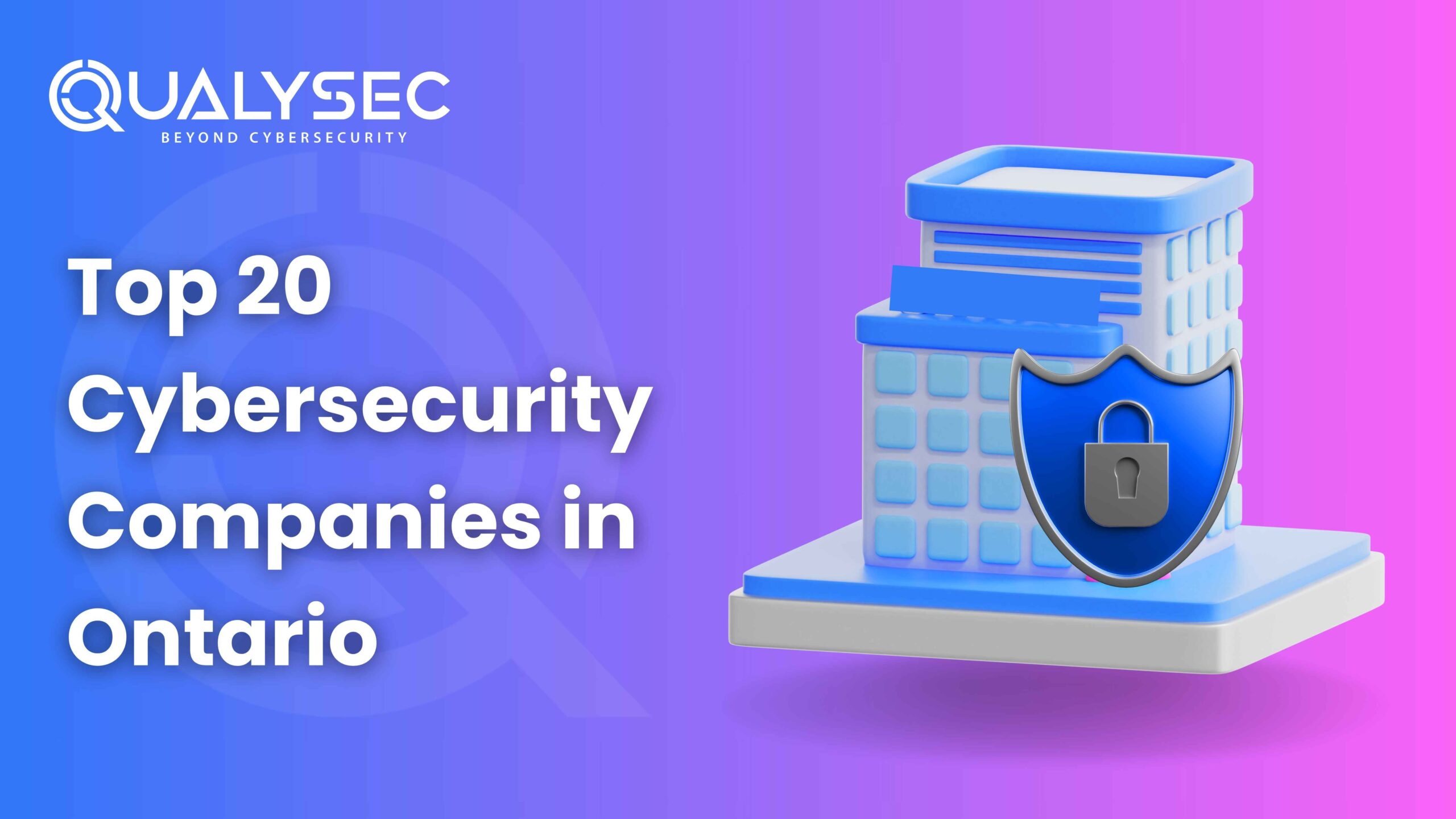
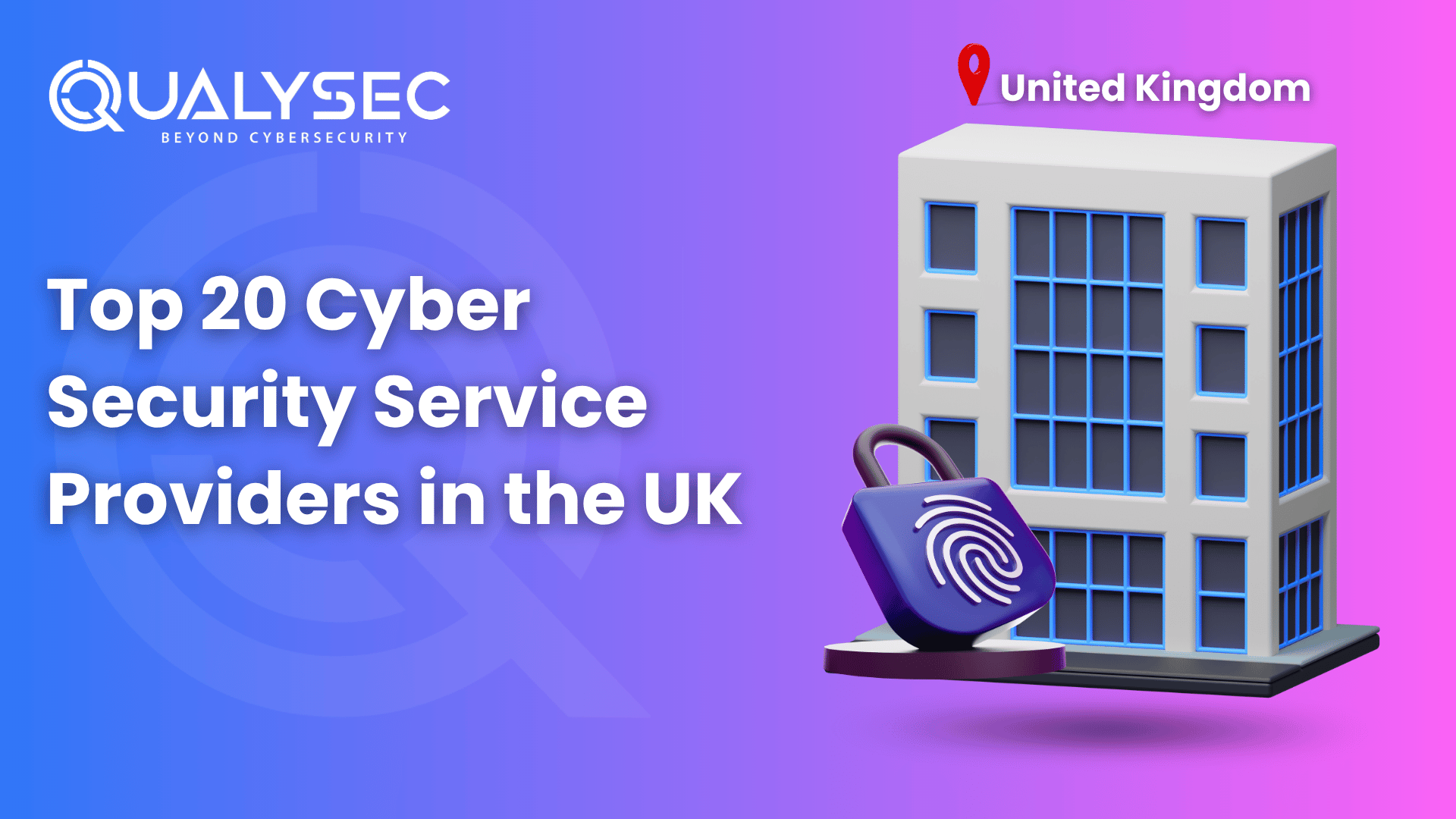

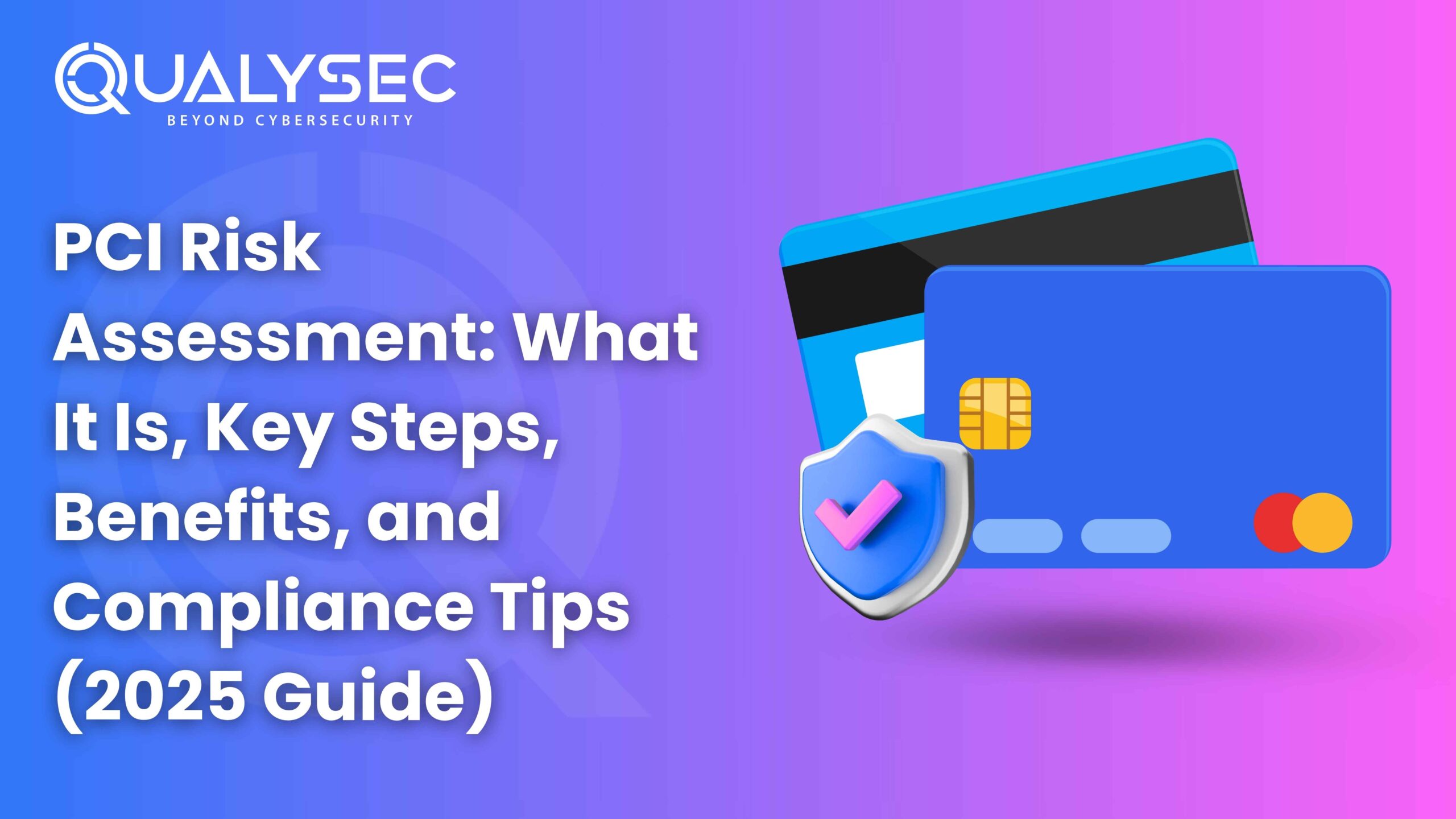


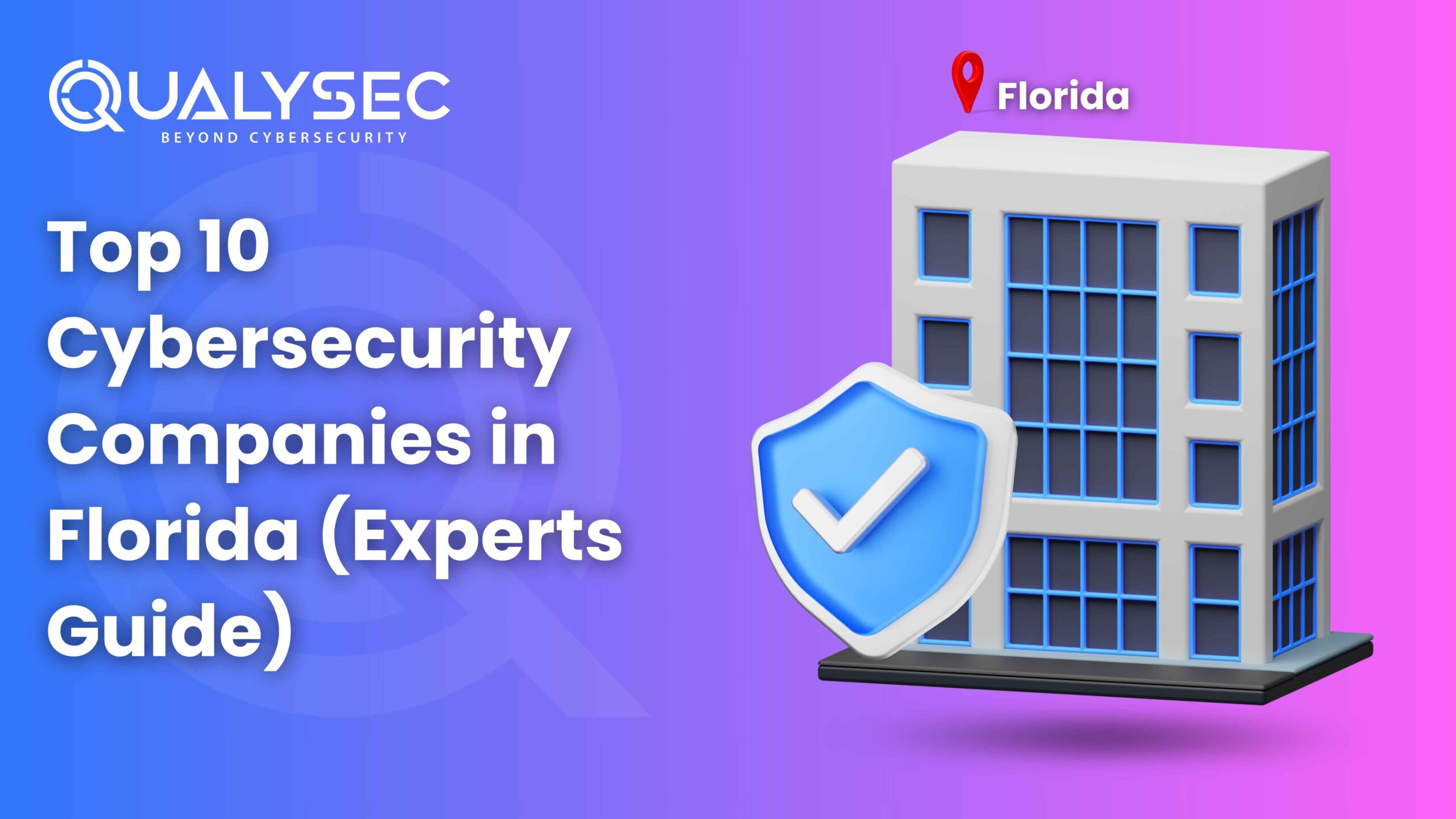






















































































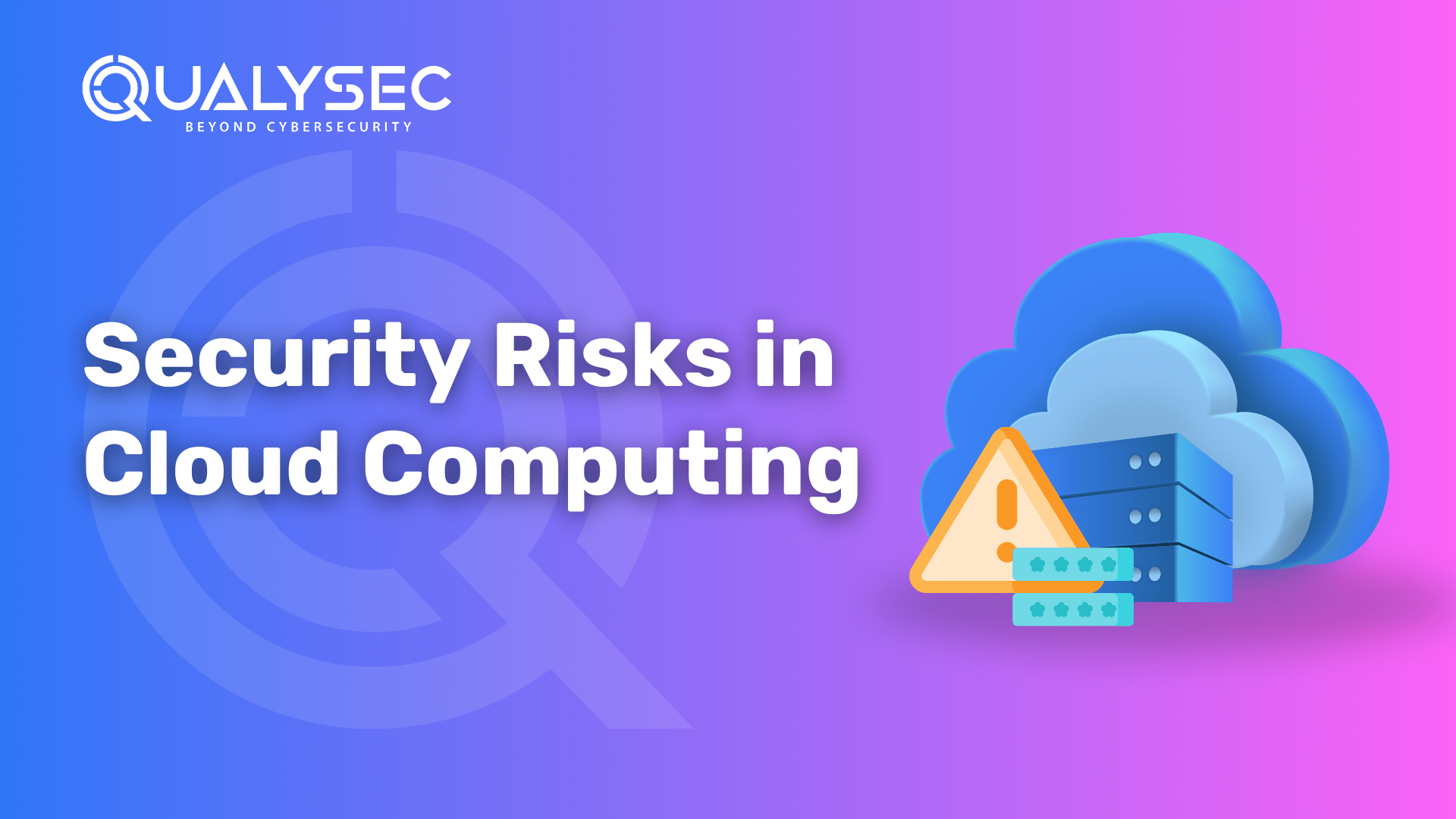







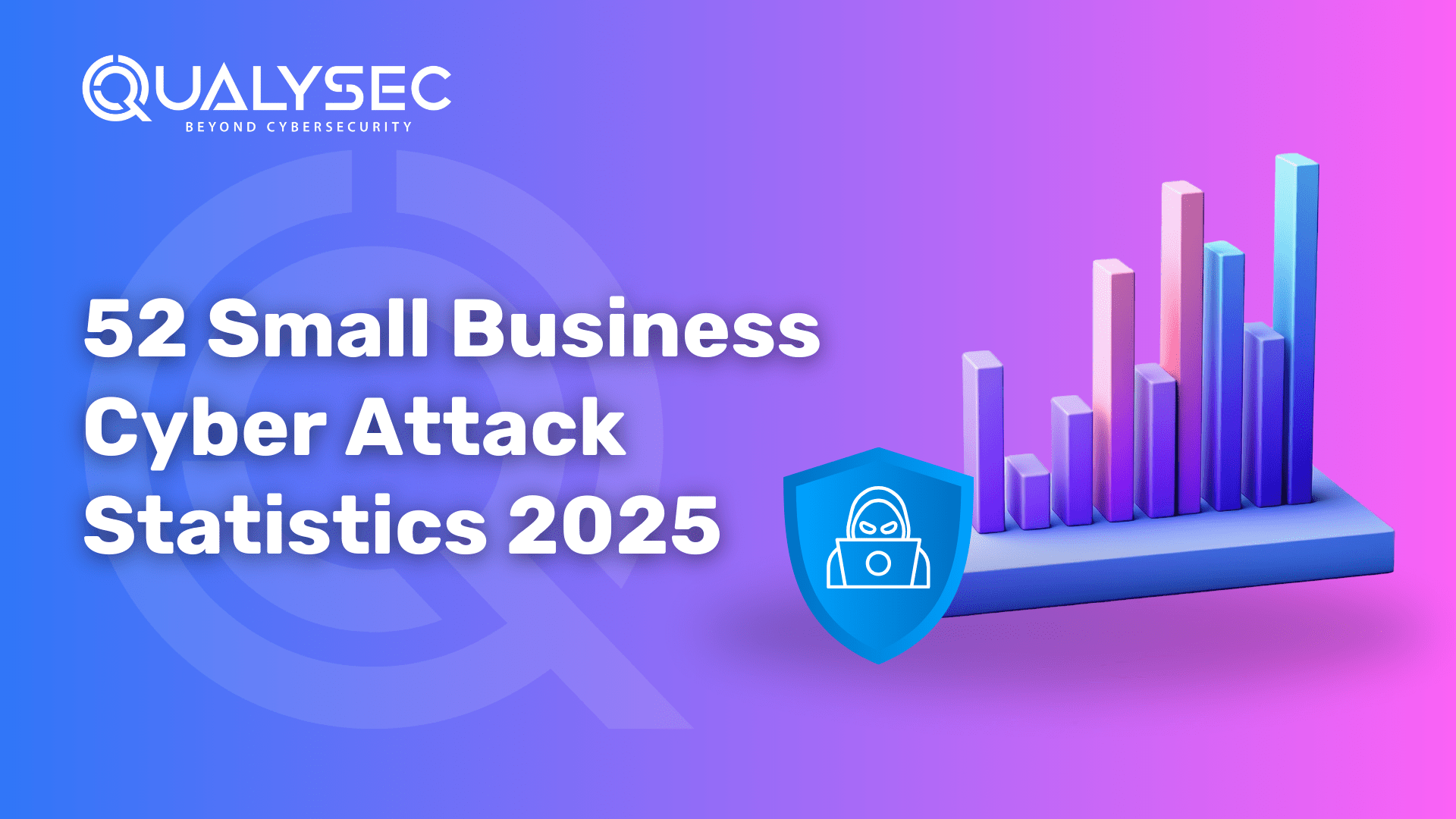


























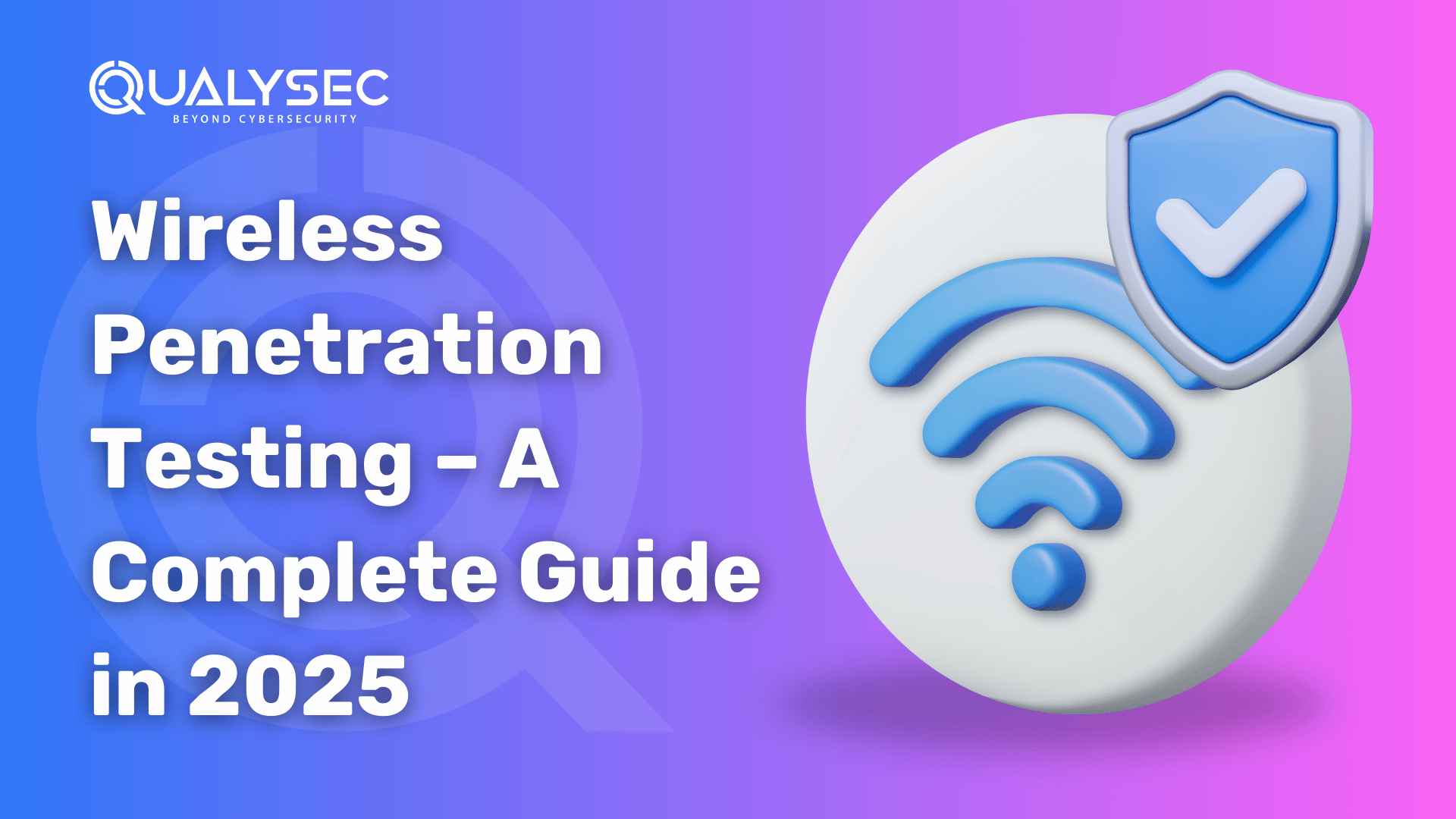






























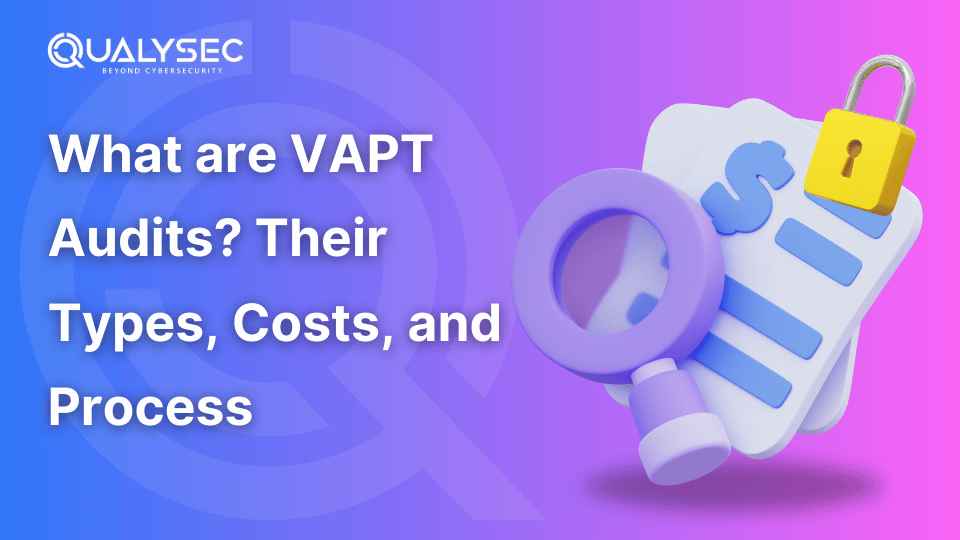








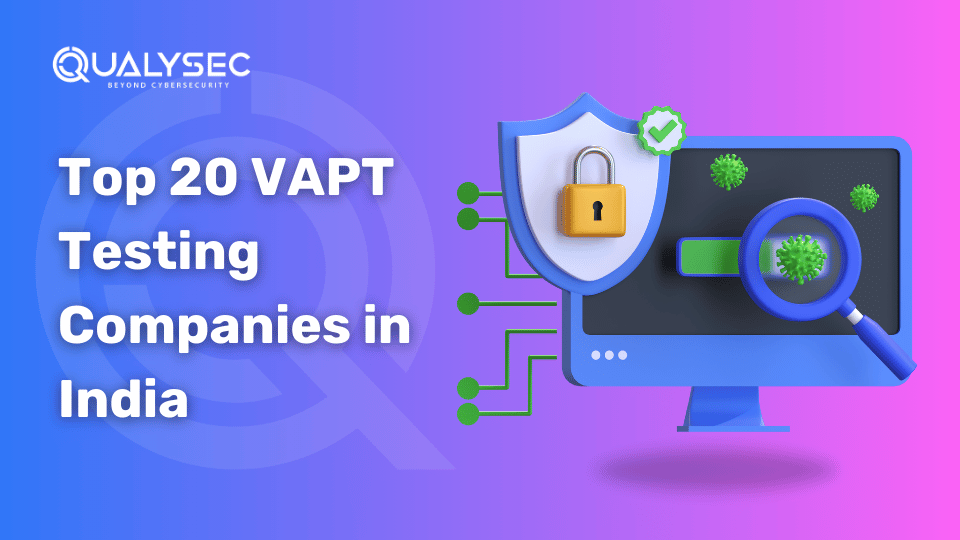























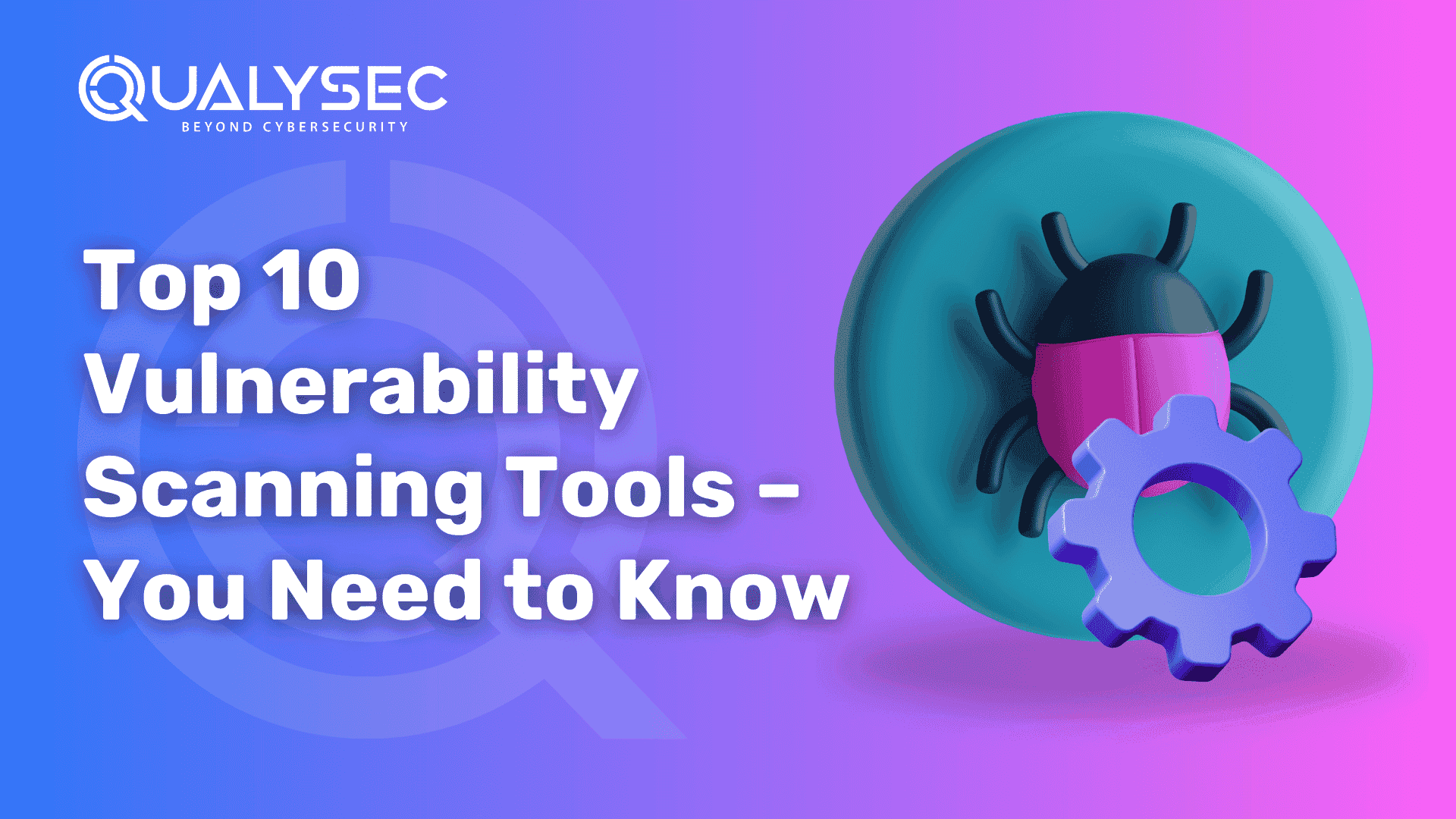



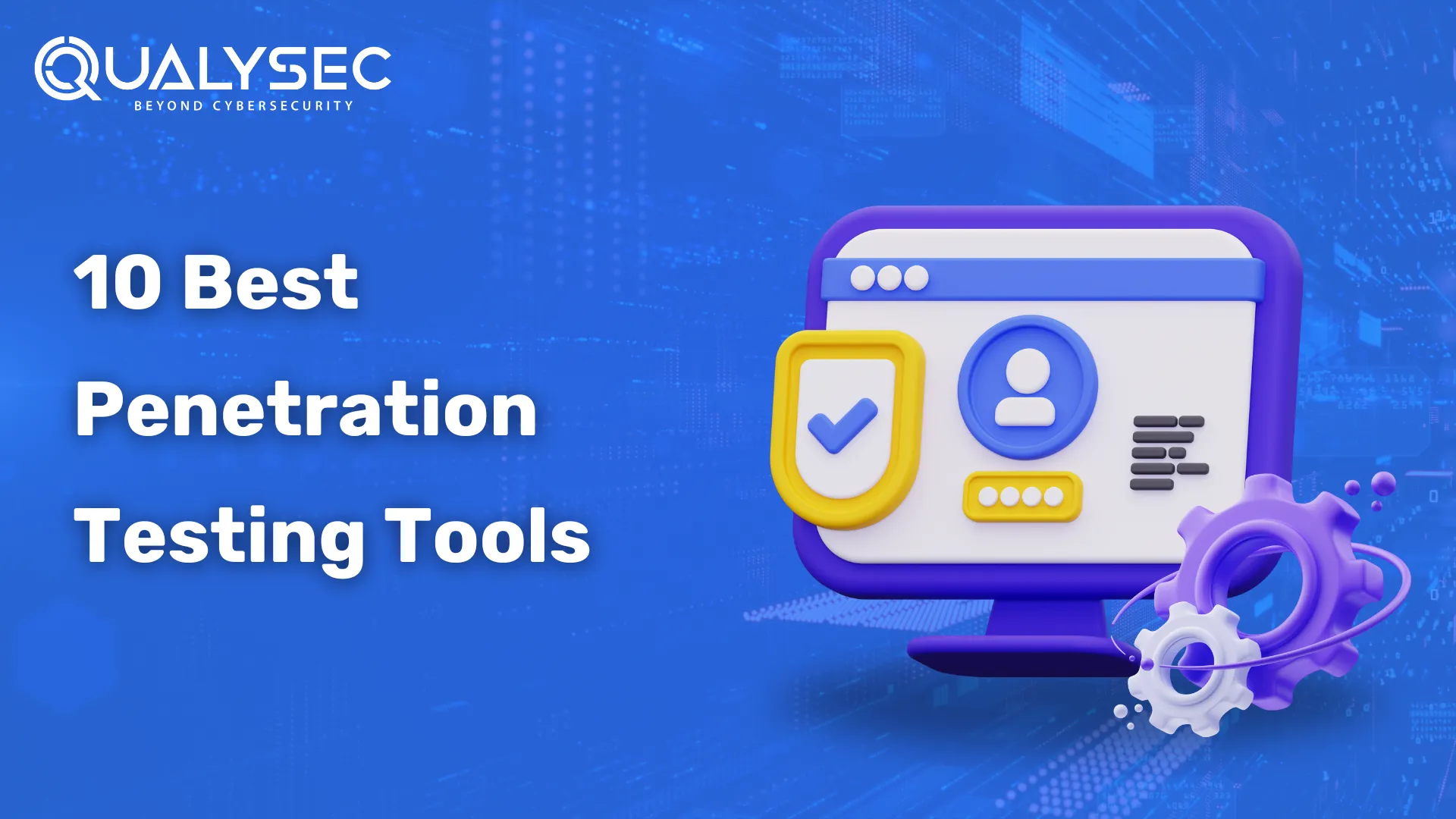












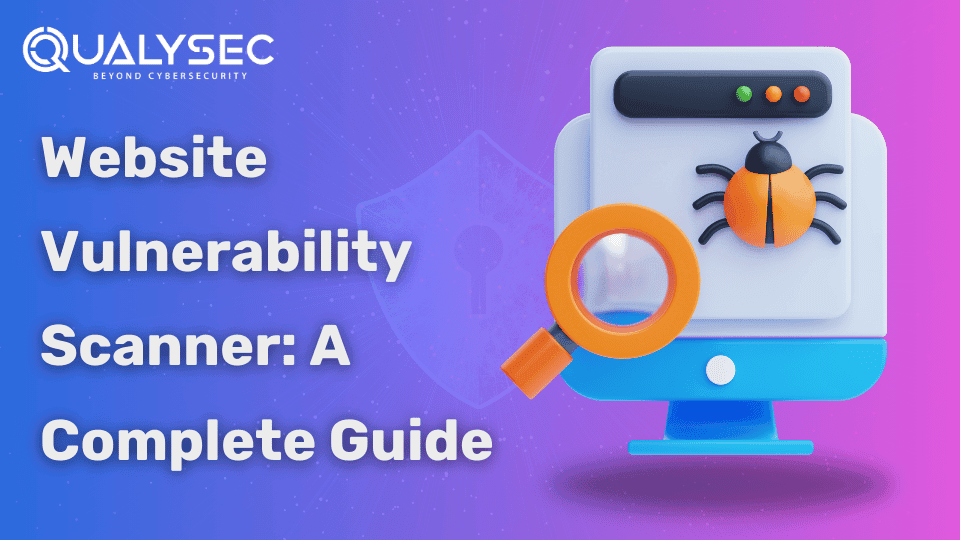

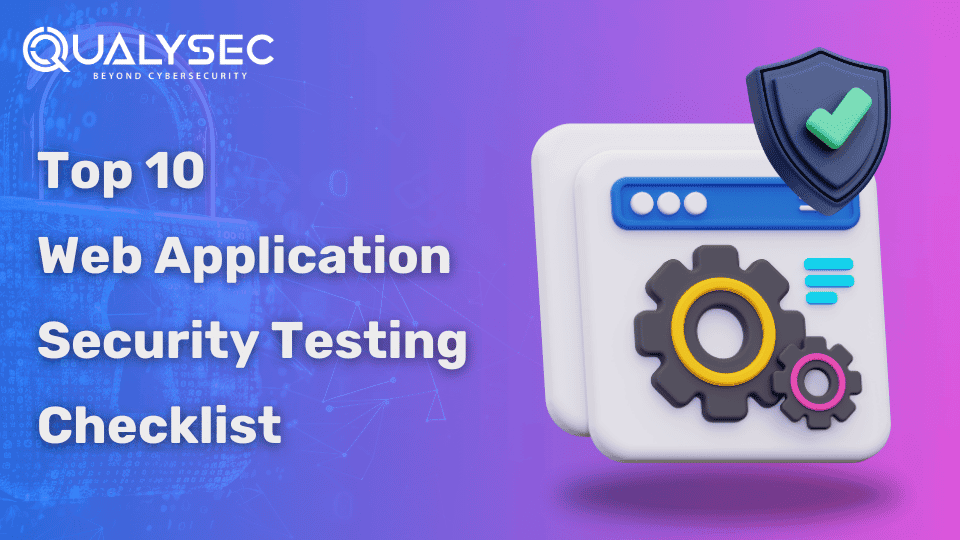
















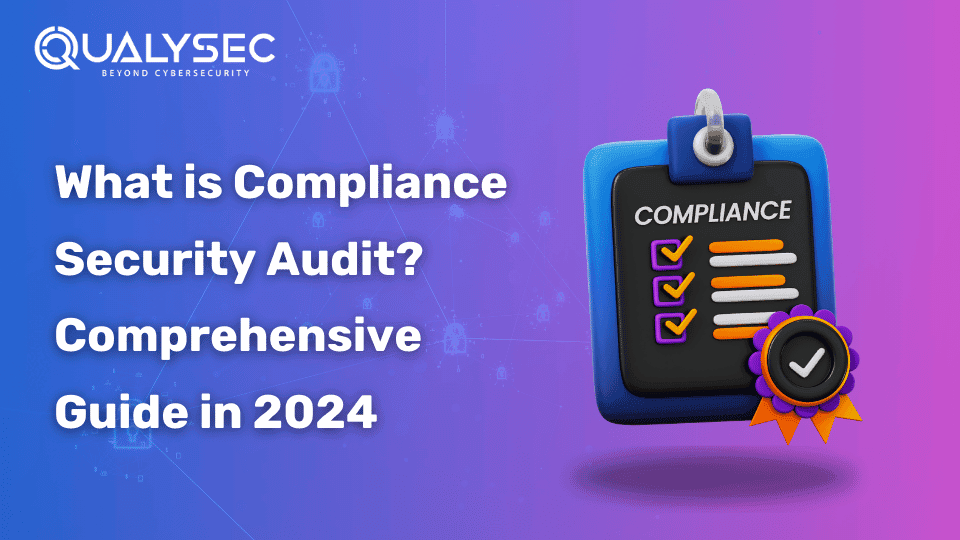
































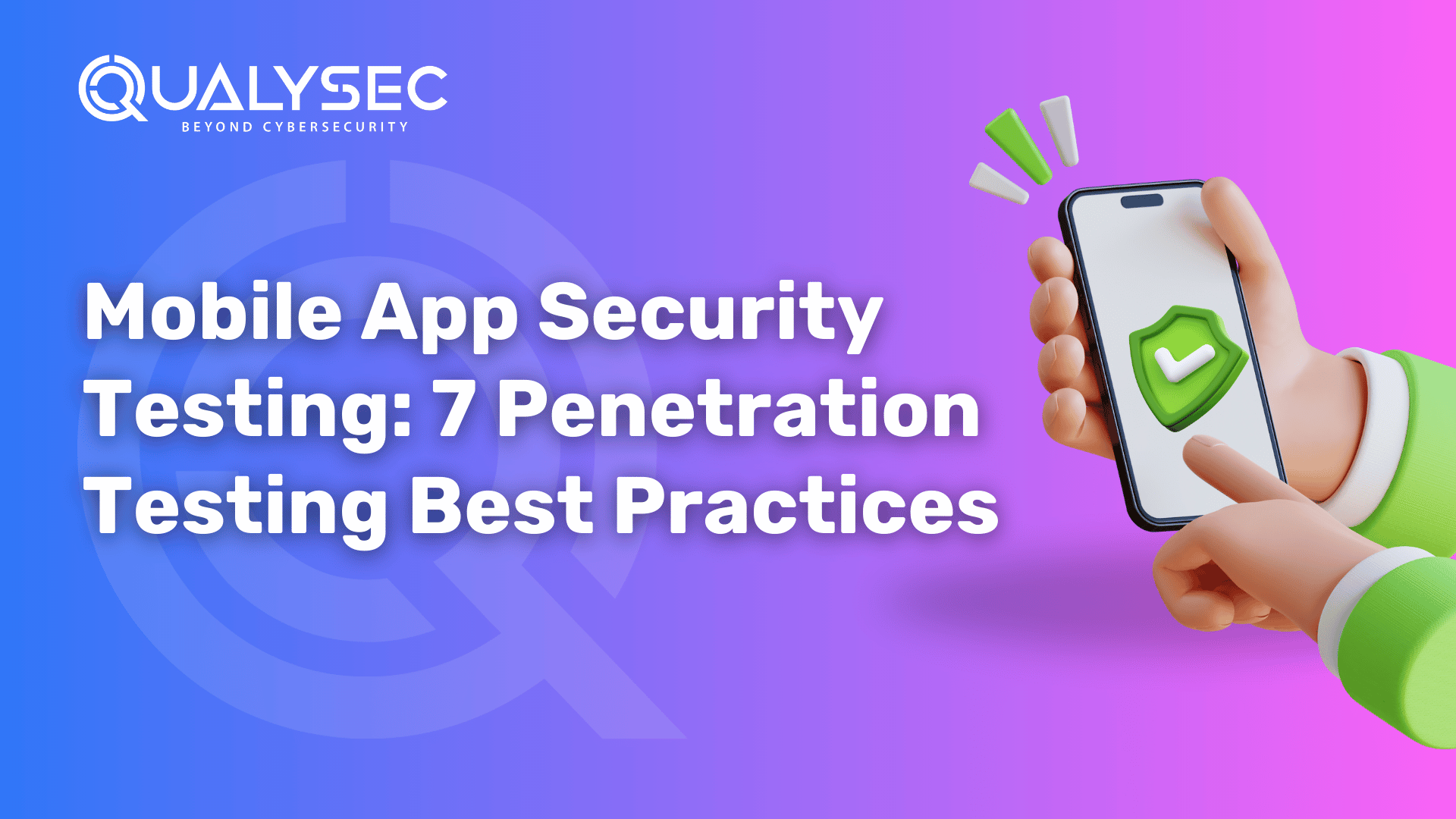

















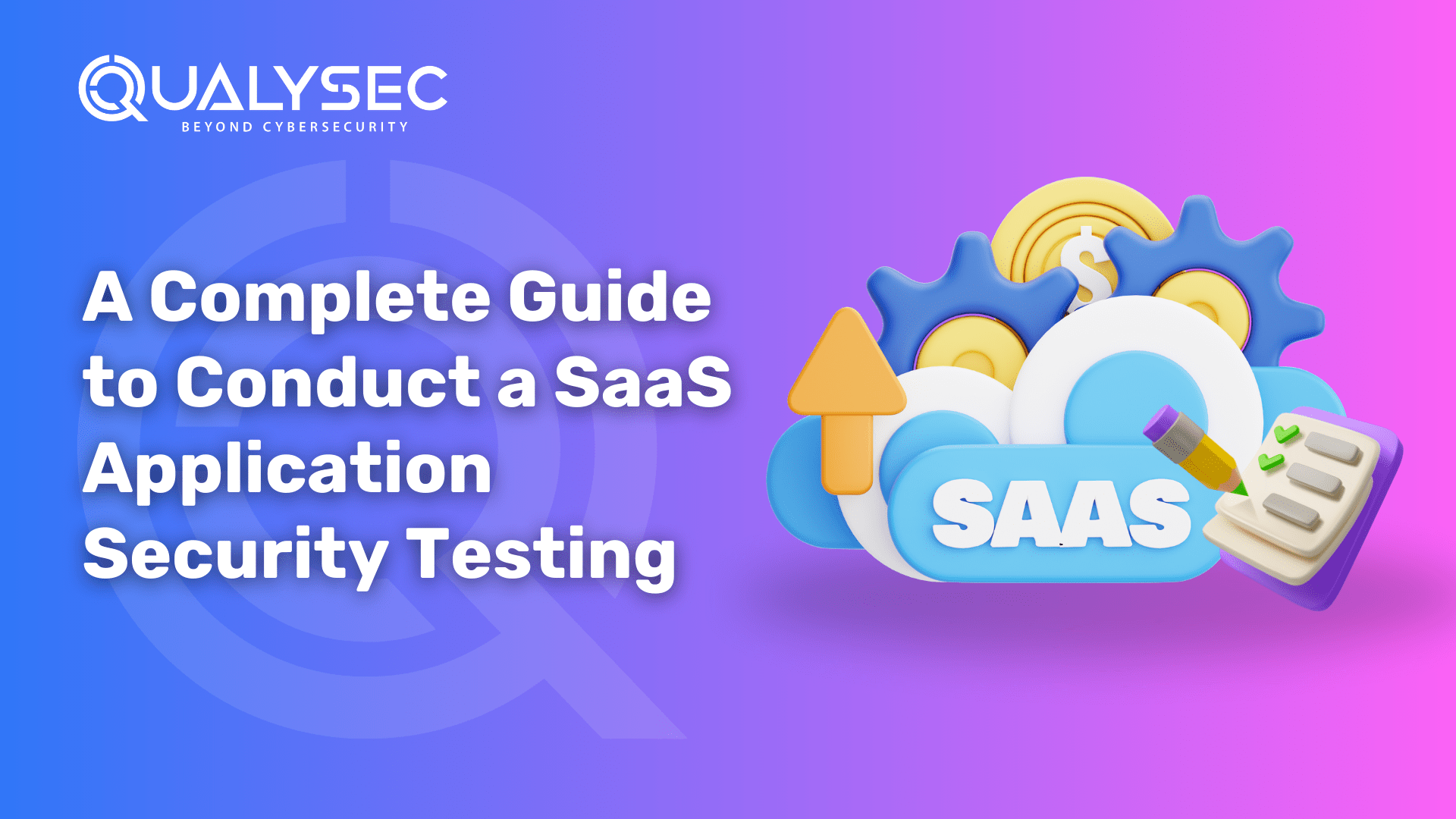





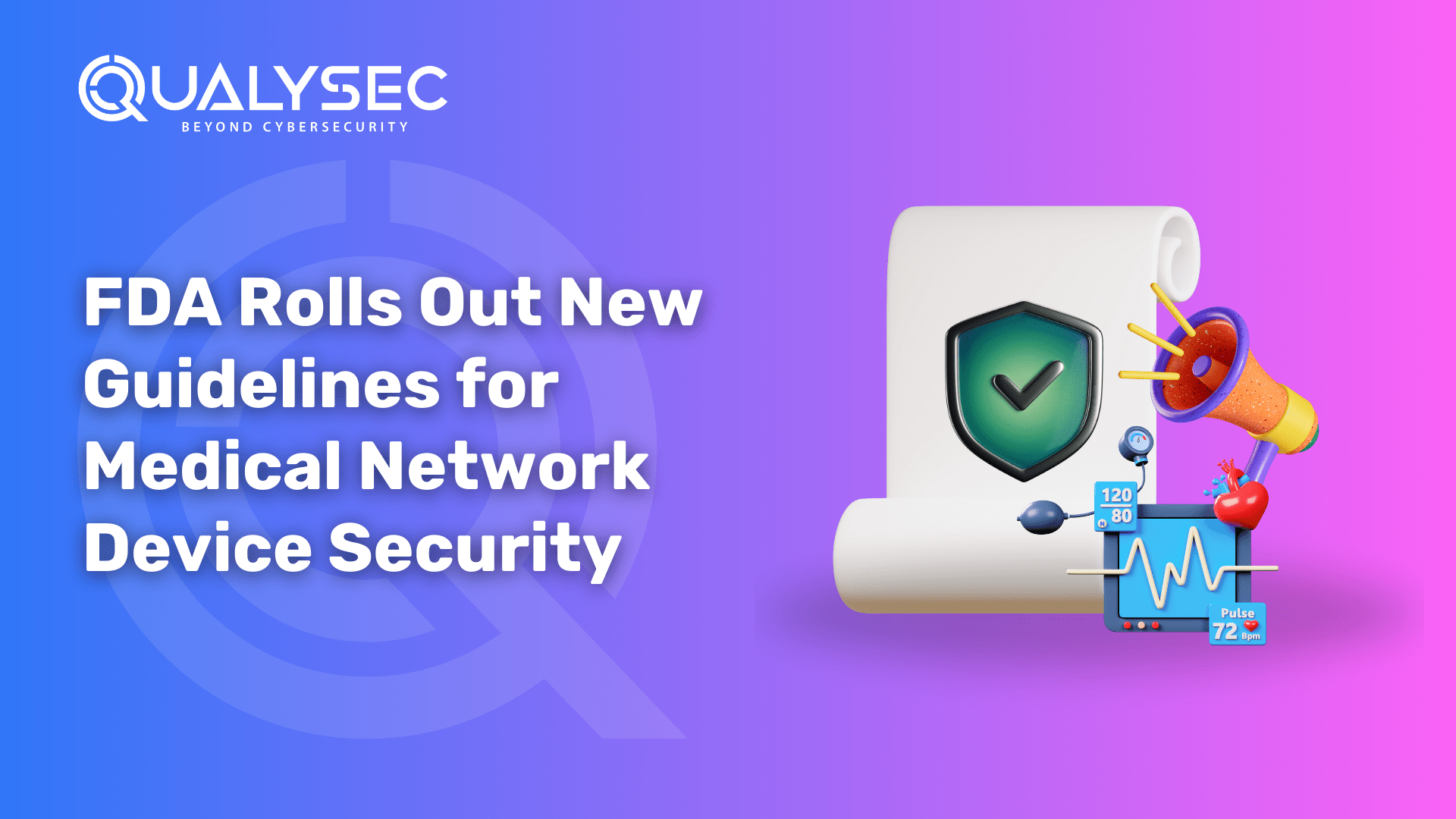
















































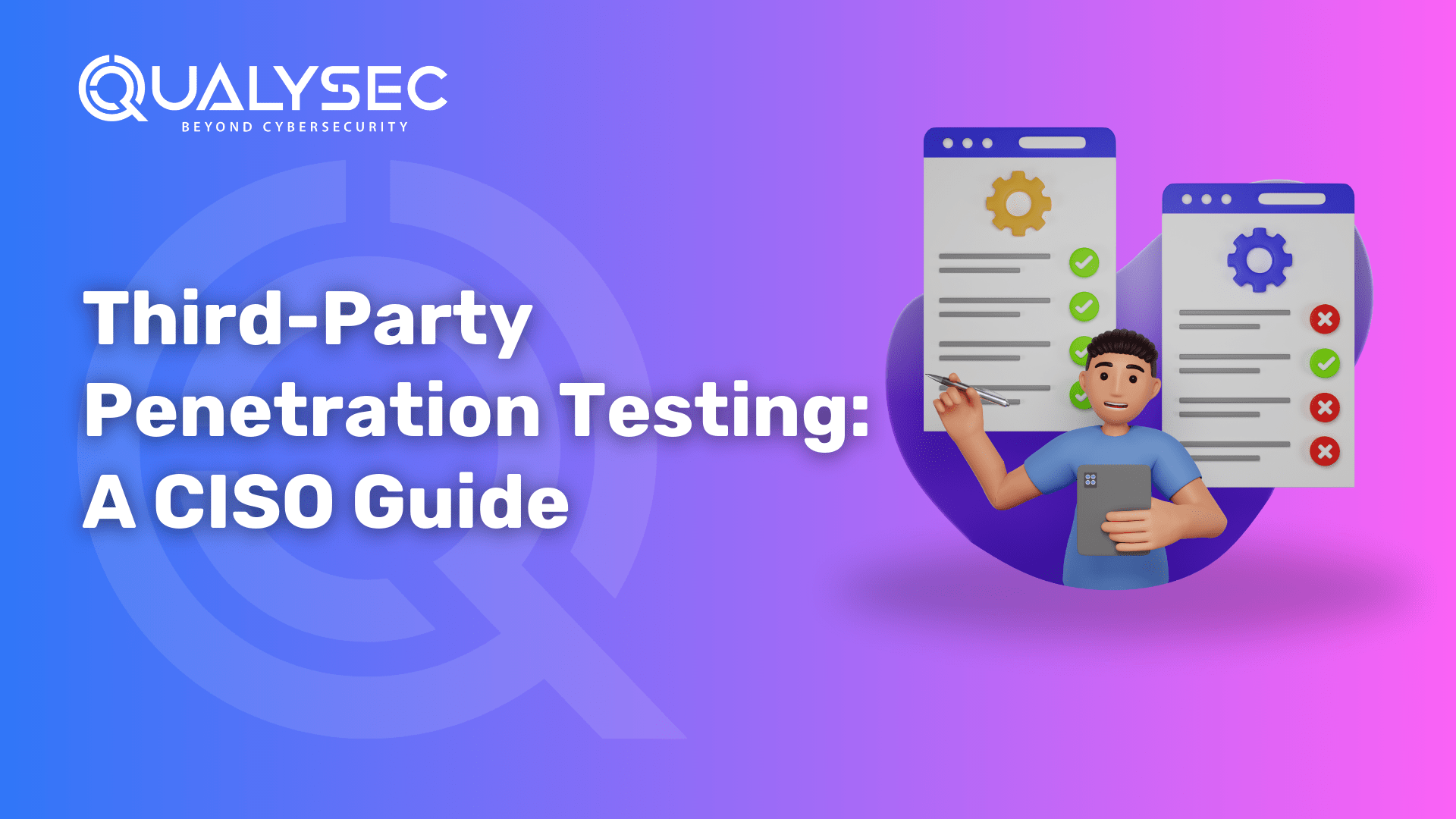





































































































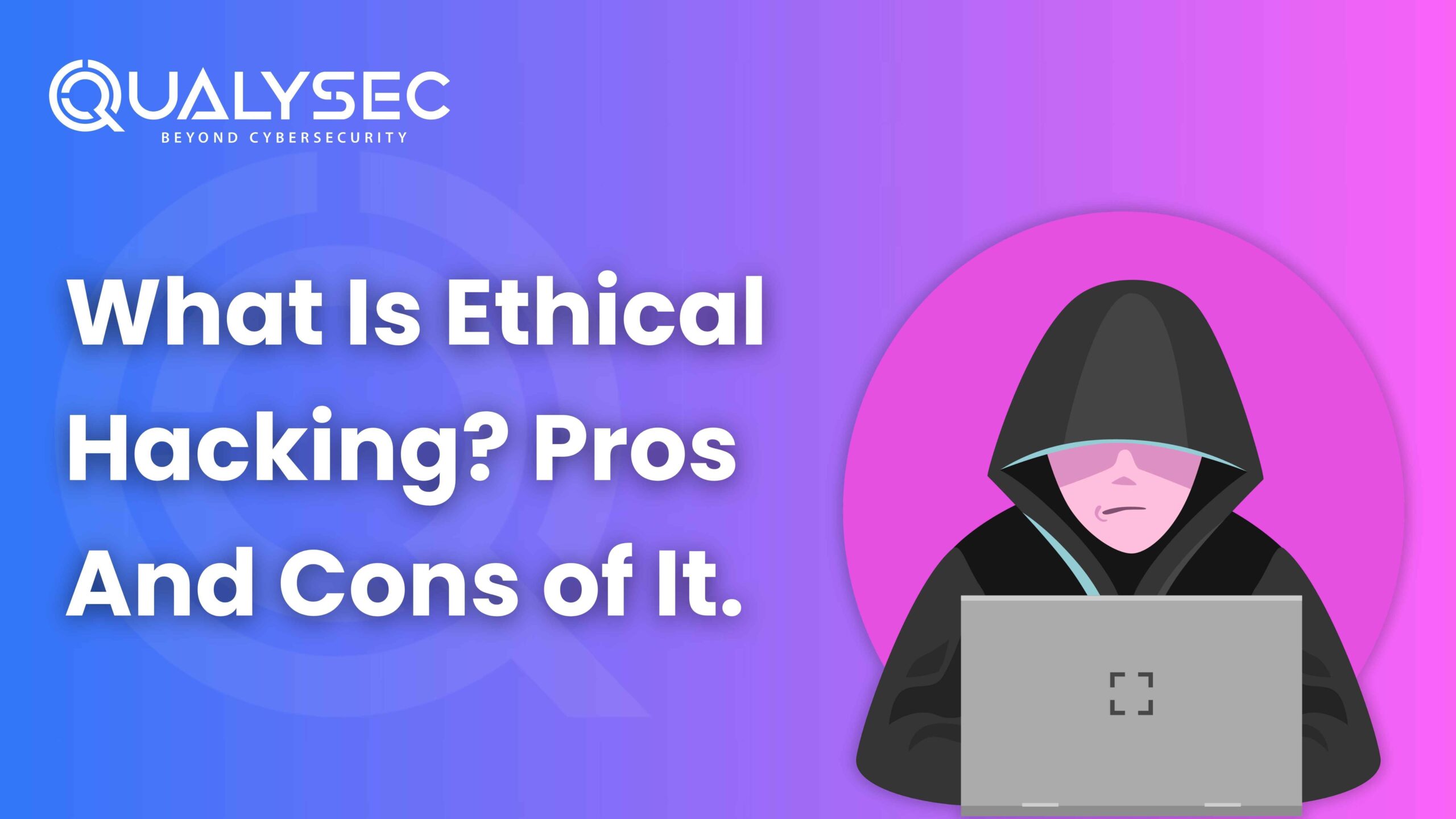







































0 Comments